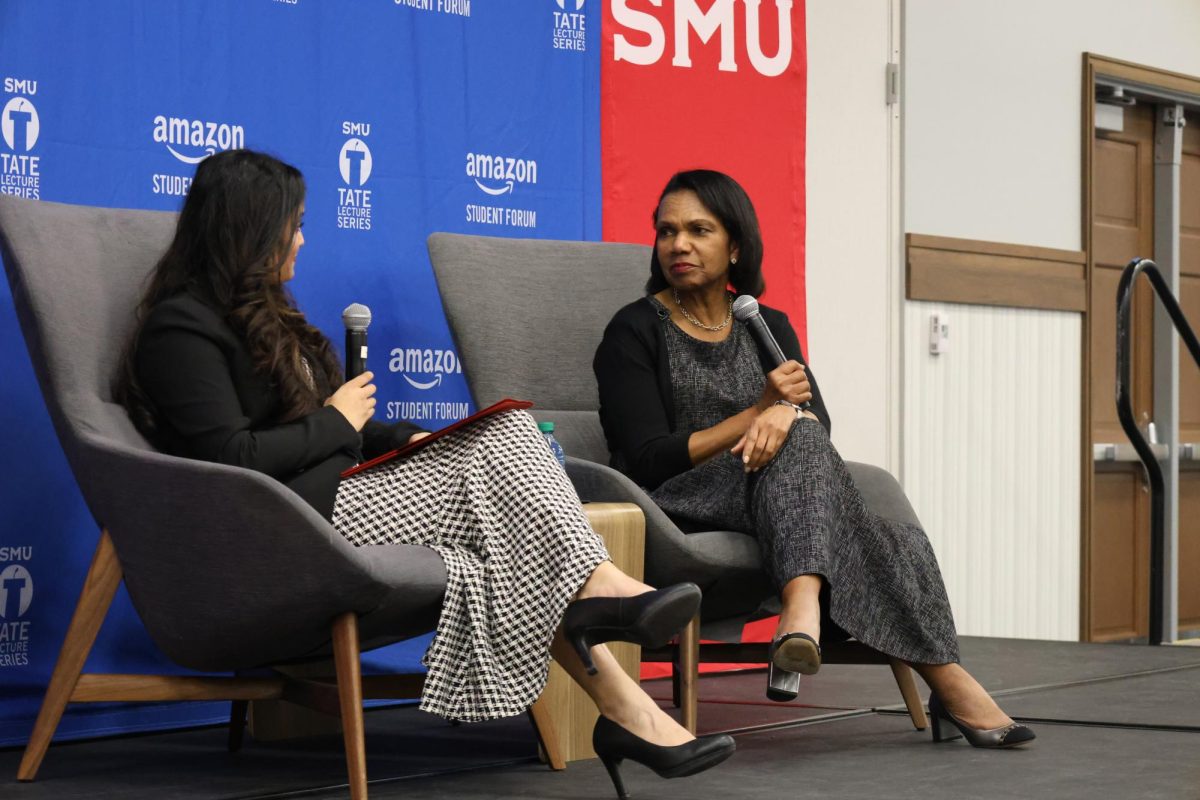Republicans in Washington have proposed a plan to help reduce the deficit. If they get their way, the plan will eliminate all funding to public radio and television beginning in 2013.
The House passed the measure on Feb. 19 on a party-line vote, and the issue has now moved onto the Senate.
Doug Lamborn, R-Colo., first proposed the cut in June of last year, calling it a necessary step in reducing the deficit.
“Federal spending cuts need to start somewhere,” Lambourn said in a statement on his website. “CPB [Corporation for Public Broadcasting] may produce worthwhile content. That is not the issue. The issue is we cannot subsidize organizations that can stand on their own two feet in the day of trillion dollar deficits.”
But Stacey Karp, communications director for the Association of Public Television, said that the cut would do little to stem the increasing public deficit.
“If they were to eliminate funding, it would only reduce the budget one ten thousandth of one percent,” she said in a recent phone interview with The Daily Campus. “They could eliminate us 1000 times over and it still wouldn’t have an impact on the budget.”
Lamborn said the bill would save American taxpayers something to the tune of $450 million per year; but according to Karp, that is a drop in the bucket compared to other less-worthy government spending. Divided up, that’s only $1.35 per citizen.
Lamborn disagrees with Karp’s logic, saying that while it may not “seem like a lot of money to some people,” it is necessary to “take the low-hanging fruit” to start saving money.
He cited the original intent for the funding, saying that federal funding was originally given to guarantee telecommunications services to all Americans, but now that the vast majority of Americans have access to cable and internet, it is simply unnecessary.
Karp said the argument is not that simple. She said the cut would be “particularly devastating” to rural areas, where they may not have access to the telecommunications services that Lamborn cites.
She said that while the average public station relies on federal funding to cover 15 percent of its budget, rural stations rely on that funding to cover “anywhere from 30 to 80 percent of their total funding.”
Additionally, she said that public stations are unique in their content in a way that popular cable and Internet sites can’t be.
“[Public stations] are the last locally owned and operated media outlet in the country,” she said, focusing on their ability to bring “local perspective” to the news.
“These stations do in-depth reporting on the issues that are facing their community,” she said.
She cited the value of the debates they host for local elections and the in-depth coverage they provide for local issues that affect their audience as ways they help those in their communities to be “well-informed citizens.”
The vote on this issue has been split down party lines from the beginning – something that reiterates the belief in some that this is about partisan politics, and not about getting our financial house back in order.
Republicans have long decried public radio as a source of liberal news. In 1994, then House Speaker Newt Gingrich, R-Ga., made an attempt to “zero out” all funding to CPB, calling it unnecessary and accusing public broadcasting of containing left-leaning biases.
Angry citizens eager to see shows like Sesame Street continue thwarted the movement with angry phone calls, but it is back again, and is again being championed by Republicans.
Karp said that she doesn’t personally see that as a reason to indicate partisan politics, citing help from “both sides of the aisle.”
But these Republican supporters are few and far between. Even a recent visit to Capitol Hill by a life-size version of Arthur, the popular aardvark from PBS cartoons, hasn’t seemed to impede Republican’s mission to cut CPB of its funding.
Pete Sessions, R-Texas, who represents SMU in the House and voted for the cut to CPB funding, released a statement regarding the funding cut to this paper.
He said that, given high deficit, “it is imperative that the federal government reduce its bloated budget and put an end to out-of-control spending to get our nation’s economy back on track.”
He said while he understood the “educational worth of many public broadcasting services,” he found it more important to trim the budget.
“House Republicans are committed to prioritizing responsible spending cuts and empowering the free enterprise system to ensure a prosperous future for American families and businesses,” he said.
But the bill is likely to flounder in the Democrat majority in the Senate. Even so, Karp said, public radio and television stations are preparing to take the proper precautions.
“If there is funding that is cut, stations, both local and national, are going to have to make some serious decisions about how they spend their money,” she said. “Everything is a possibility.”
For commentary and to vote in a poll on this issue, visit The Daily Campus’ political blog at www.politically-inlined.com.














